PCR Thermal Cyclers
A thermal cycler is a Molecular Biology Laboratory Equipment, used in the amplification of DNA molecules by the PCR technique (polymerase chain reaction), because it is capable of performing temperature cycles necessary for amplifying The DNA strands.
The process of the PCR is automatic and it can be completed in just a few hours. This process is completely directed by the thermocycler, who is programmed to change the reaction temperature every few minutes making the denaturation and synthesis of DNA, The thermal cycler is different if a final point PCR or a real-time PCR is performed, since the latter must detect fluorescence and in different absorption channels.
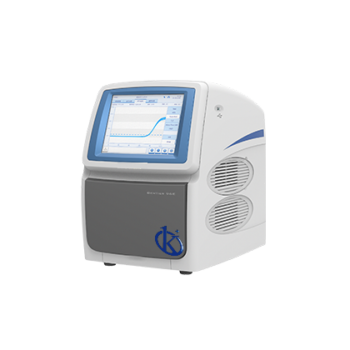
Types of PCR Thermocyclers a laboratory may need
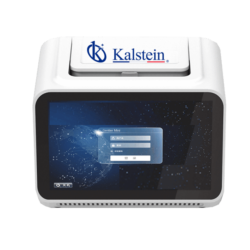
Thermal Cyclers YR01867
The design of the independent module can help lab personnel utilize the intrument more efficiently and avoid the...
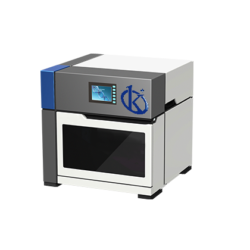
Thermal Cyclers YR01870
The most advanced semiconductor technology (Peltier based). No matter how you configure your YR01870 gradient thermal...
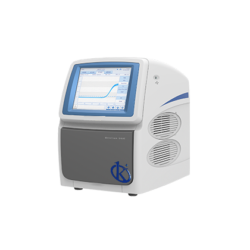
Thermal Cyclers YR01869
Reliable guarantee for the accuracy of the temperature. Temperature extended control mode which is closer ...
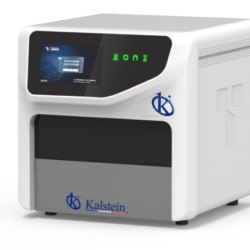
Thermal Cyclers YR01871
Do not let poor instruments compromise your PCR results. Take control of your experiments. Kalstein YR01871 ...
Our Best Selling PCR Thermocycler
Thermal cycler is the flagship of Kalstein thermal cycling platform, offering unmatched performance for fast, accurate results and art interface with new ways to optimize protocols and meet any researcher’s unique needs. It enables you to choose from multiple interchangeable reaction modules, use the intuitive touch screen interface, optimize PCR assays using the gradient feature, transport your files and data with a USB flash drive, and connect to your laptop/PC for remote monitoring and future upgrading.
| Model | YR01868 |
| Block Formats | 96×0.2ml(A),54×0.5ml(B),96×0.2ml+77×05ml(C),384well(D) |
| Temp Range | 0℃~99.9℃ |
| Display Interface | 7’LCD |
| Max.Heating Ramp Rate | 5.0℃/s |
| Max.Cooling Ramp Rate | 5.0℃/s |
| Heating/Cooling adjustable rate | 0.1℃/s~4.0℃/s |
| Uniformity | ≤±0.2℃ |
| Accuracy | ≤±0.1℃ |
| Gradient Temp Range | 30~99℃ |
| Thermal Gradient Span | 1~30℃ |
| Gradient Uniformity | ≤0.2℃(single row) |
| Hot Lid Temp | 20~110℃ |
| Temp Control Mode | Block,tube* |
| Memory Capacity | 2000** |
| Max.No.of Cycle | 999 |
| Communication | USB2.0/RS 232/RJ45 |
| Intelligent Diagnosis | 108 |
| Size(W×D×H,mm) | 380×270×250 |
| Weight(kg) | 8.1 |
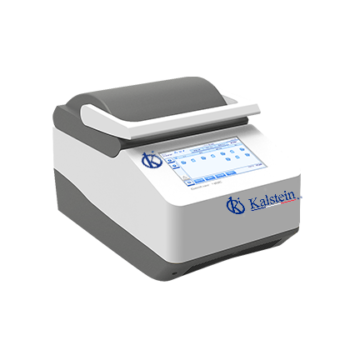
Analysis of the best PCR Thermocyclers for your laboratory
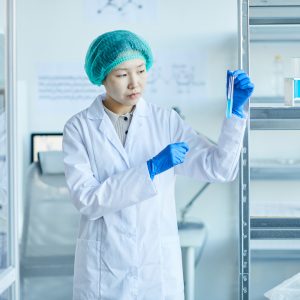
How to calibrate a thermocycler?
Calibrating the thermal cyclers is an important process to take care of them. That is why all points of view must...

What is a thermal cycler?
The thermal cycler or thermal sequencer is a device that allows polymerase chain reaction (PCR) efficiently and ...
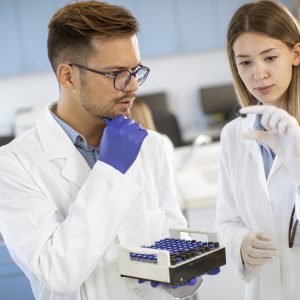
Thermal Cycler: Real Time PCR
The thermal cycler is a device that allows the polymerase chain reaction (PCR) efficiently and quickly; by means...
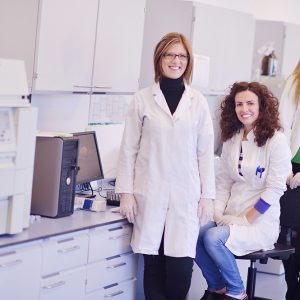
How does a thermal cycler work?
A thermal cycler is a Molecular Biology Laboratory Equipment, used in the amplification of DNA molecules...
Catalog of models of PCR Thermocyclers on offer
-
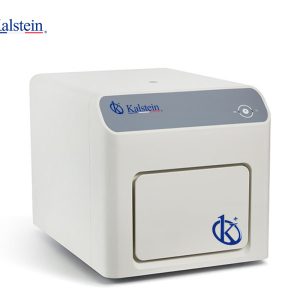
Real-Time Quantitative PCR System YR06248 – YR06249
Select options This product has multiple variants. The options may be chosen on the product page -
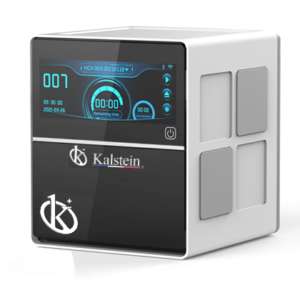
Thermal cycler YR01869-2
-
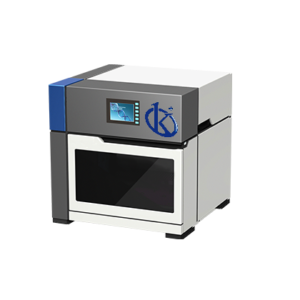
Thermal Cyclers YR01870
-
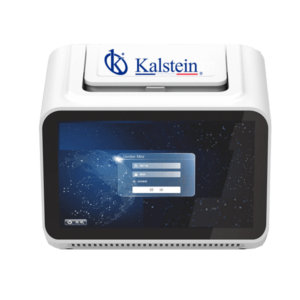
Thermal Cyclers YR01867
Guides to becoming an expert in PCR Thermocyclers
What potential does the thermo-cycler ?
Polymerase chain reaction (PCR) is an enzymatic process by which a section of DNA can be duplicated as many...
Thermocyclers for the synthesis of oligonucleotides
In protein engineering applications involving mutagenesis and expression of proteins from recombinant DNA...
What technology do real-time thermocyclers use?
A real-time thermo-cycler is a device that simultaneously accurately regulates thermal cycles so that the DNA..
Thermal Cycler Protocols (PCR)
A thermal cycler is a laboratory equipment that allows to carry out the polymerase chain reaction (PCR) efficiently and quickly, by means of the automatic and cyclical realization of the temperature changes that are required for the amplification of a chain...

Frequently Asked Questions about PCR Thermocyclers
How to know the prices of PCR Thermocyclers?
To know the price of PCR Thermocyclers we invite you to send us an email with your request through the contact form.
What are the delivery times of PCR Thermocyclers?
- If the equipment of your interest is in stock or if it must be manufactured.
- The type of freight you have chosen, this may be; air or sea.
How to make a purchase of PCR Thermocyclers?
- By email: [email protected]
- By telephone: +33 (0) 1 78 95 87 02
- E-commerce: Via Kalstein's official website in your country.
How does the warranty work?
Can I request a quote online?
Of course, you can request a quote for the Kalstein team of your interest, directly from our official website. Once you have identified your preferred model, click HERE
